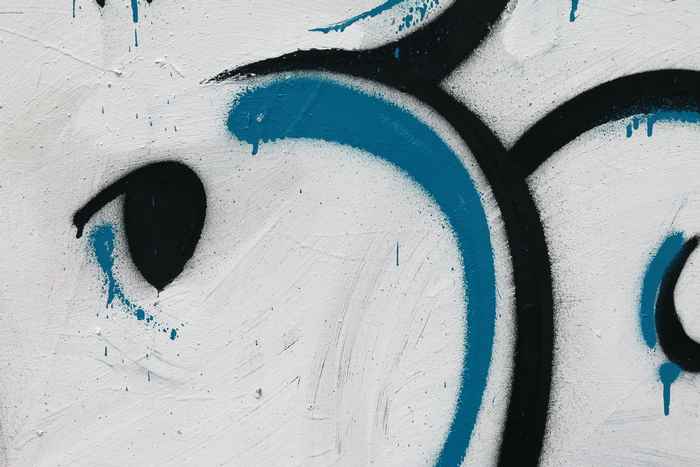Critical Cultural Theory with Michael Thomas and Katia Hay
- Date
- 9 November 2023
- Time
- 15:00 -17:00

next session of the Critical Cultural Theory seminar (CCT), which will consist of two presentations followed by discussion:
Date: November 9, 15:00-17:00 | Location: OTM 147, Faculty Room I (1.17a)
Michael Thomas, “W.E.B. Du Bois and the Fictions of Race”
Du Bois' famous question, "How does it feel to be a problem?," points to the role of race in felt experience, both as a division between races and within racialized peoples. This question also points to a wider role of the experience of race in Du Bois' early work, which traverses the ontological, epistemic, and socio-political dimensions of the concept. In this essay, I argue that Du Bois’ early essays address this problem through the use of racial fictions, which expose and subvert forms of epistemic, political, and cultural racism in the service of Du Bois’ own projects. In addition, they help us synthesize these different functions of the concept of race and its associated narratives into a theory of racialization grounded in sensual experience.
Michael Thomas is an Assistant Professor of Philosophy in Critical Cultural Theory at the University of Amsterdam, who also teaches in Media Studies. His current project, Models of Black Thought, develops interpretations of the works of W.E.B. Du Bois, James Baldwin, and Audre Lorde as models of Black Thought that aim to produce aesthetic interventions in racial modernity that avoid bifurcations between psychological and structural approaches to racism and essentialist understandings of racial consciousness.
Katia Hay, “Is There Joy in Nihilism? – A reconstruction of Nietzsche's relation to joy and laughter from 1882 to 1887”
This paper is thought of as a draft to the epilogue to a book on Laughter and Reason in Nietzsche’s philosophy. I trace the role that laughter and joy play in Nietzsche’s thinking from the first edition of The Gay Science (1882) to the last edition (1887), for which Nietzsche added a new Preface and the fifth book (1887). In this way I address the question regarding the shape that life affirmation might take after the diagnosis of ‘Death of God’. For this, I take into account Nietzsche’s posthumous notes, where the notion of nihilism plays a central role, and where there seems to be no space left for laughter and joy in any way. These posthumous are the notes that Heidegger refers to in his Lectures on ‘Nietzsches Metaphysik’ from the 1940s. The last part of my paper questions the extent to which Heidegger may not be more nihilistic than Nietzsche himself.
Katia Hay is Assistant Professor for Continental Philosophy and Aesthetics at the University of Amsterdam. She has previously worked at Leiden University, the University of Freiburg, The University of Lisbon and the New School for Social Research in New York. Her PhD was on the notion of the tragic in FWJ Schelling’s Philosophy, and she is now working on a book project on the role of laughter and comedy in Nietzsche’s writings.
We hope you can join us!